Functions of Grease

Functions of Grease The major function of any type of grease is to remain in contact with and lubricate moving parts. The grease should happen without any forms of leakage due to various factors such as gravity, centrifugal forces, or being squeezed out under pressure. The most important practical requirement of grease is to retain its […]
Why does engine oil turn black?
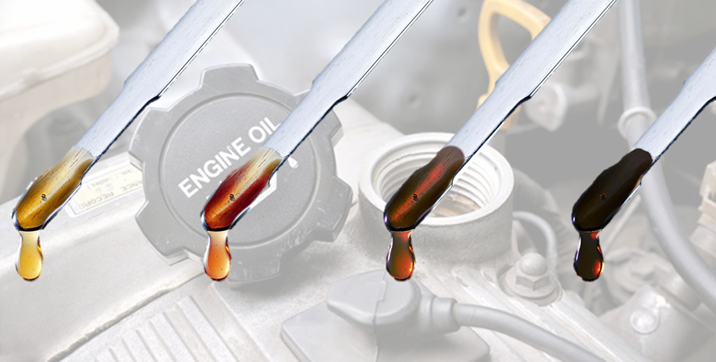
Why does engine oil turn black? There are several questions asked about engine oil. One of the frequent questions asked is “why does engine oil turn black?” and when the oil darkens, does it mean it is time to change it? When new oil is poured into the engine during service or top-ups, its colour […]
The Risk of Storing an Oil Drum Outdoors and Upright
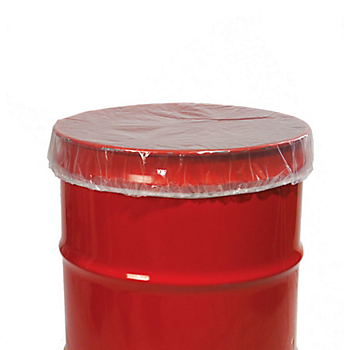
A 200-litre drum (sometimes 180 litres) is one of the most common lubricant packaging types when purchasing lubricants. It is suitable for small to medium volume applications. Although it can come in plastic (high-density polyethylene – HDPE), steel drums are preferred for oil because of their durability in carrying hazardous goods. Steel drums are designed […]
What components require lubrication?
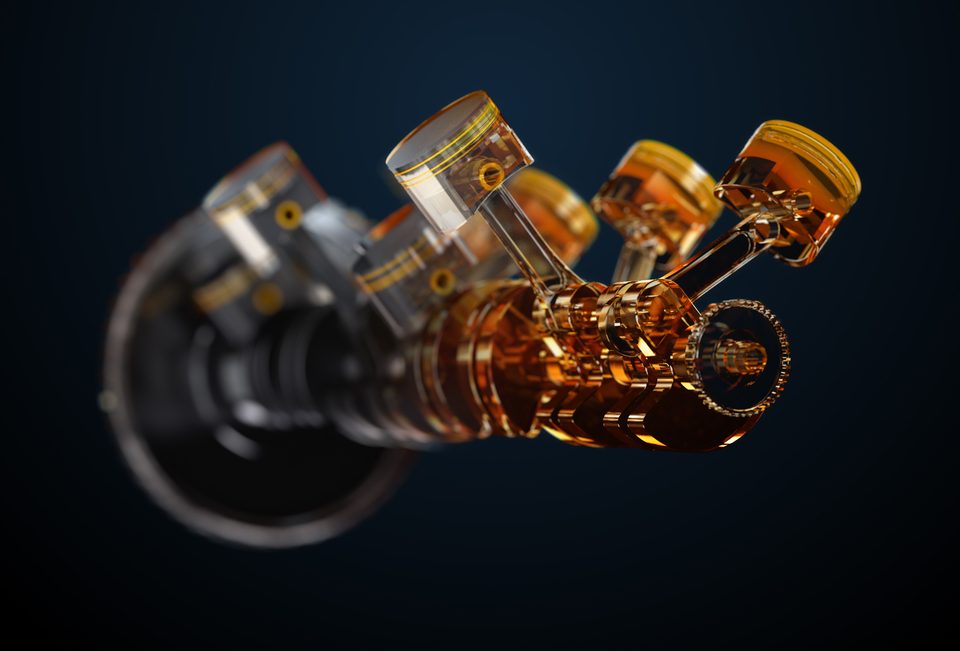
What components require lubricantion? Mechanical components come in various types and designs that tie to their function. Being ‘mechanical’ often means there are surface contacts and movements relative to each other. This rubbing effect needs lubrication or oiling to allow for unimpeded operation. Three components we will discuss here are bearings, gears and cylinders. These […]
Why is viscosity index important?
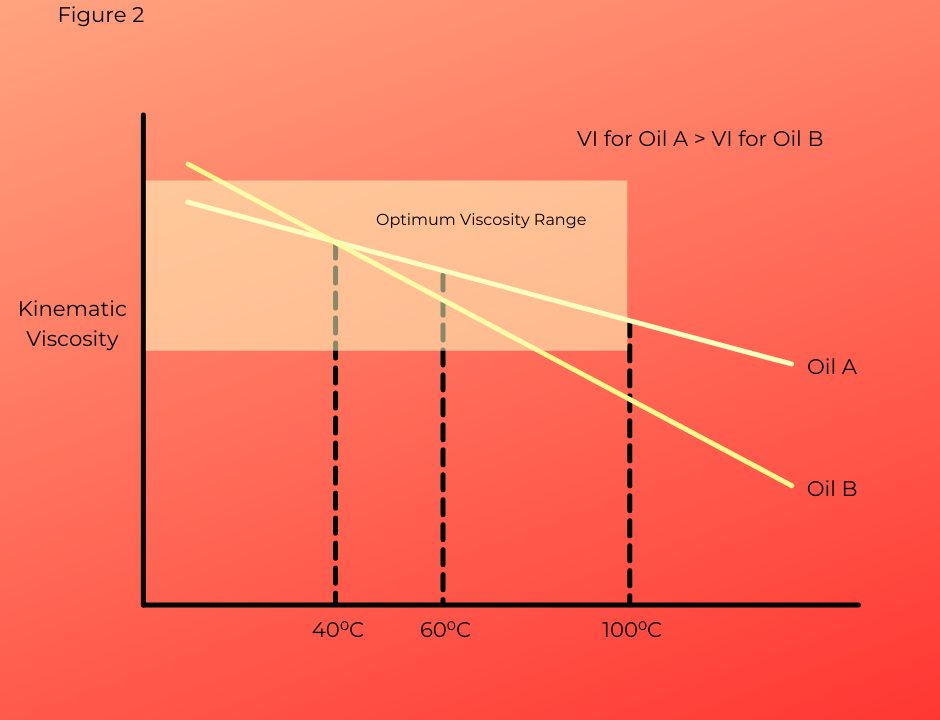
As mentioned in the previous article, viscosity is a very important property of lubricant. However, knowing the right viscosity for the application is not enough. We need to know how the viscosity changes with temperature. This is especially true for machines that operate under wide temperature ranges. Viscosity Index or VI is the viscosity behaviour […]
What is the big deal about viscosity?
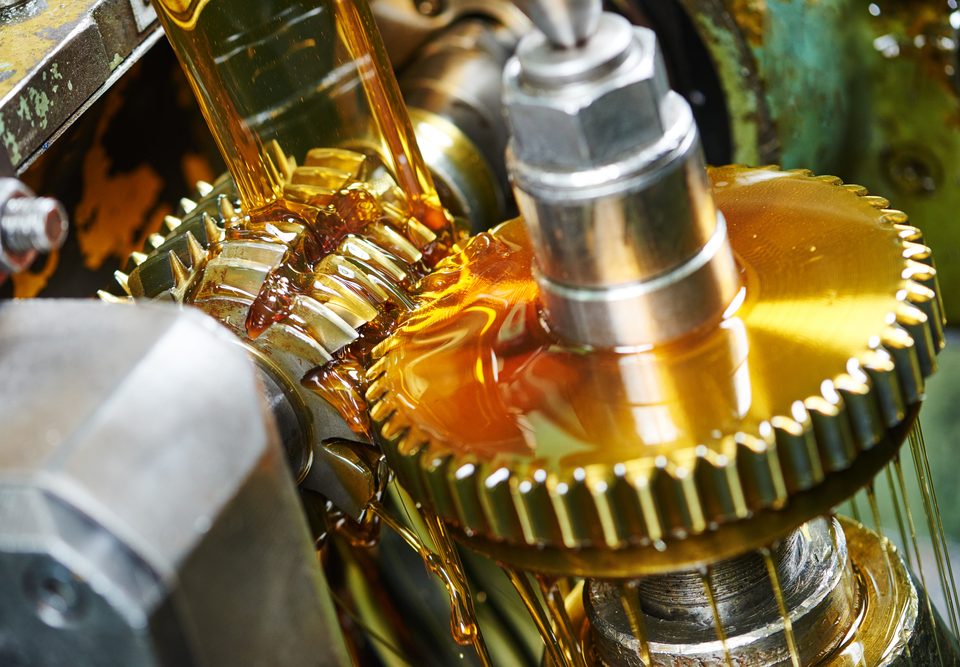
What is the big deal about viscosity? In the world of lubrication, viscosity is a very big deal. Viscosity can make a difference between a machine that lasts for less than one hour to another that lasts 10,000 hours and more. It holds the key to a critical aspect of lubrication: separation of surface. If […]
What does a lubricant actually do?
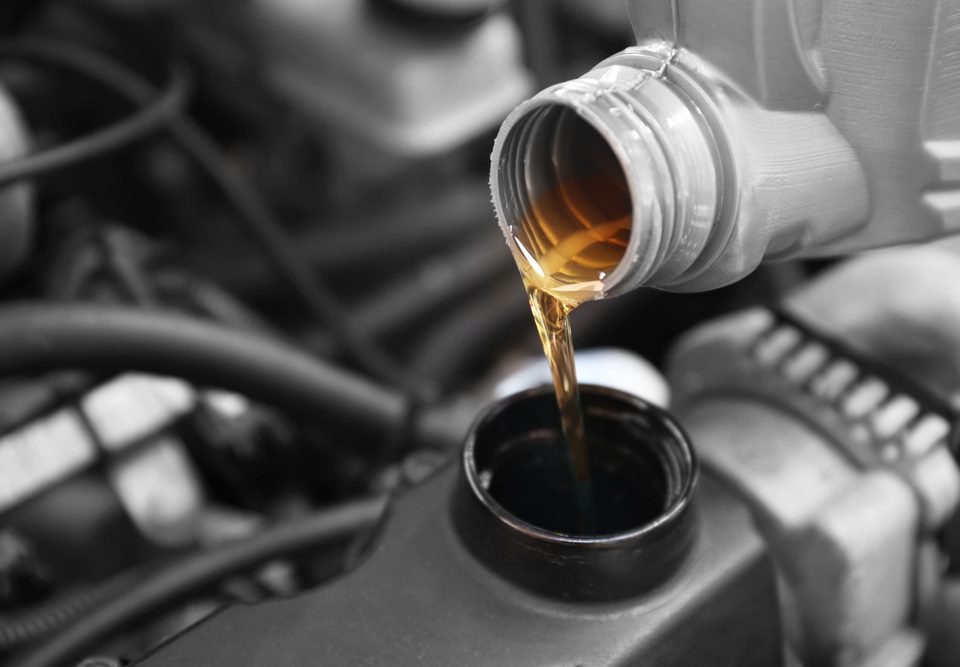
What does a lubricant actually do? As explained in the past article “Why do we need lubricants”, the most important reason for having a lubricant in a machine is to separate contacting surfaces by forming an oil layer in between them. This result is reduced friction, which significantly decreases wear and energy needed for the […]
Mineral vs Synthetic: What you need to know
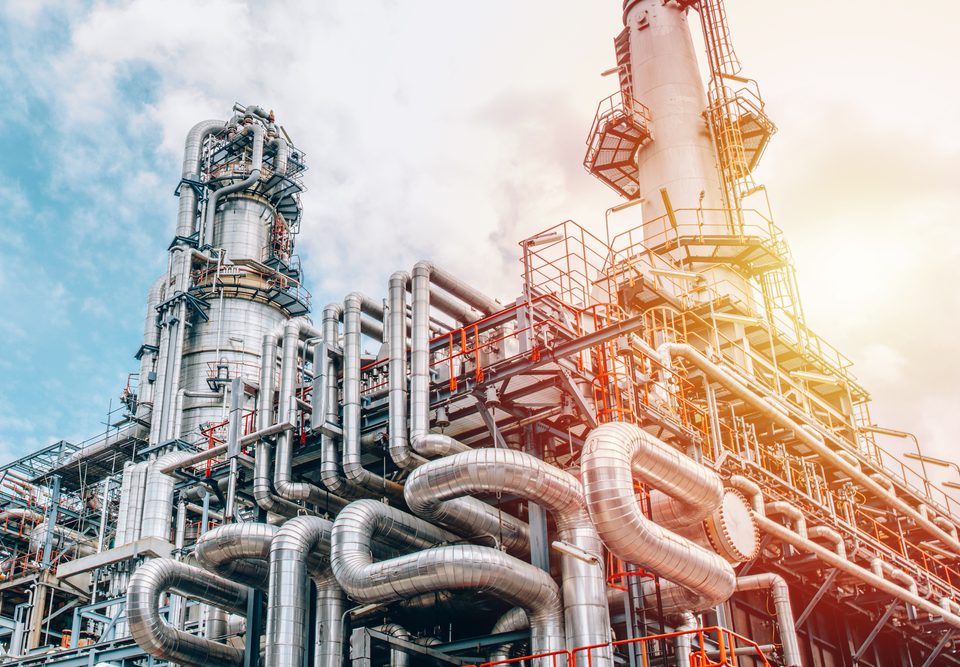
Mineral vs Synthetic: What you need to know It is common for people to think oil only comes in one of these two types: mineral or synthetic. What exactly do they mean? Mineral, synthetic or a combination between the two, are the bulk of a lubricant composition. Known as base oils, they are the most […]
What are different types of lubricants (Part 1)
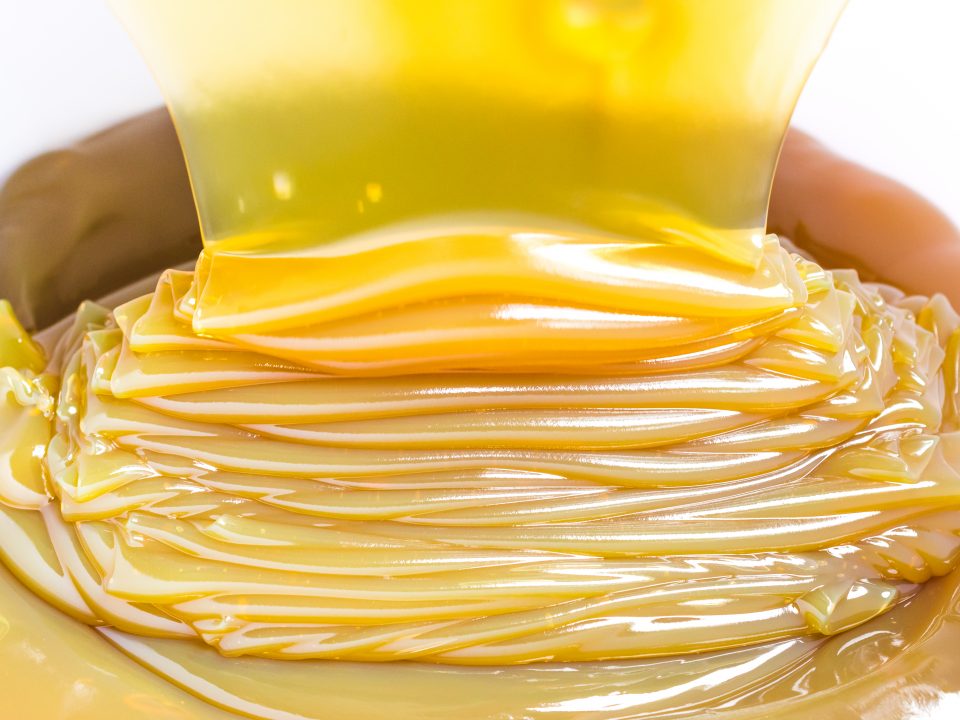
What are different types of lubricants (Part 1) There is a multitude of ways lubricants can be classified, and for most users out there, it can be overwhelming to understand each classification. Take engine oil for example, what is the difference between 5W-30 and 10W-40? Which one do you pick if you were to buy […]
What are the different types of lubricants (Part 2)
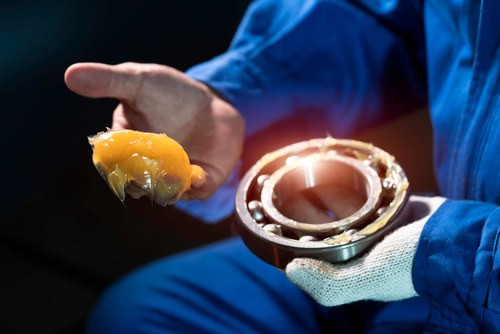
What are different types of lubricants (Part 2) In the last article, I discussed two ways how lubricants can be differentiated, namely by application and viscosity. In this article, I will cover the third way which is by performance level. Performance level is where the oil is put to the test in determining whether it […]
